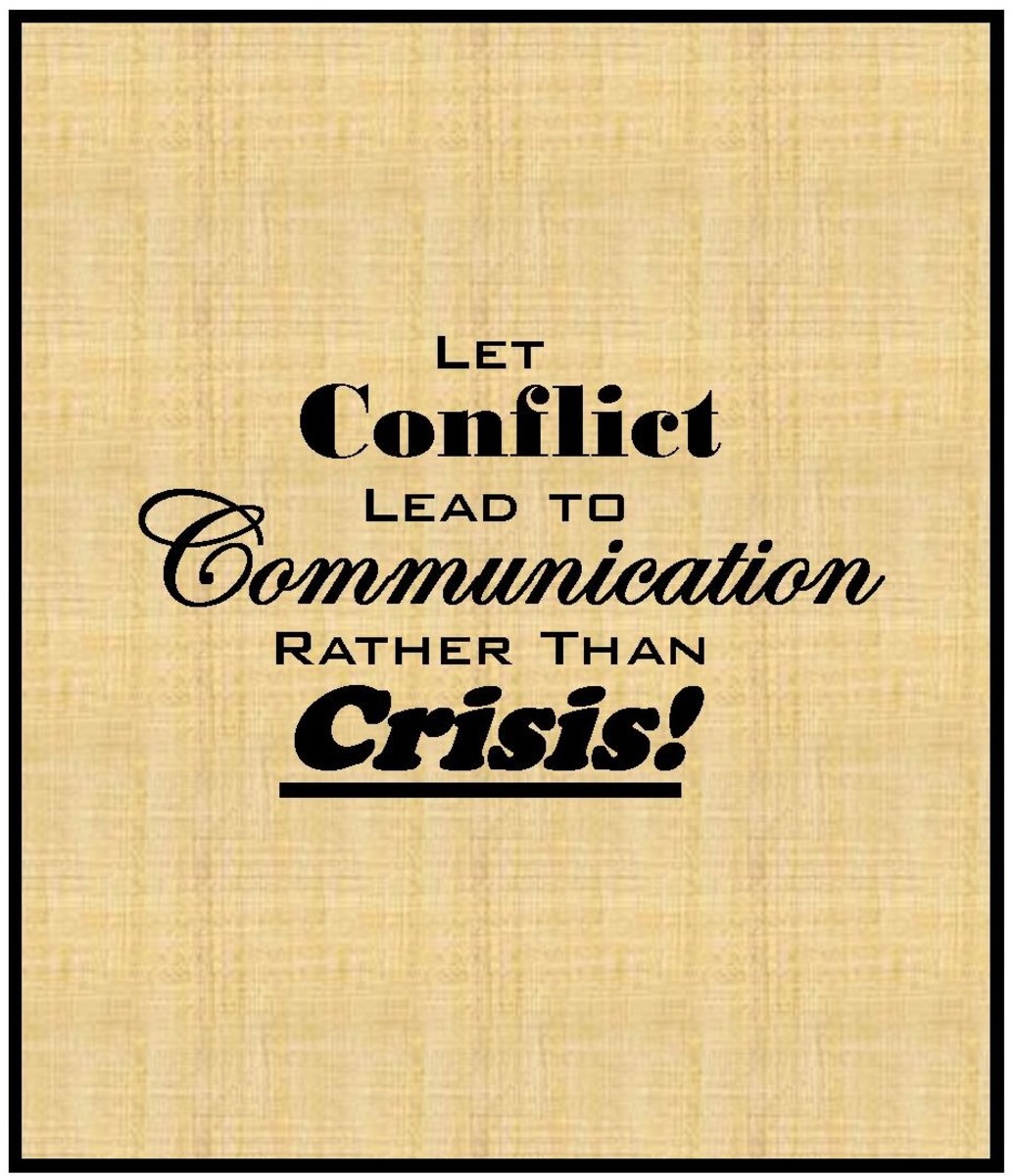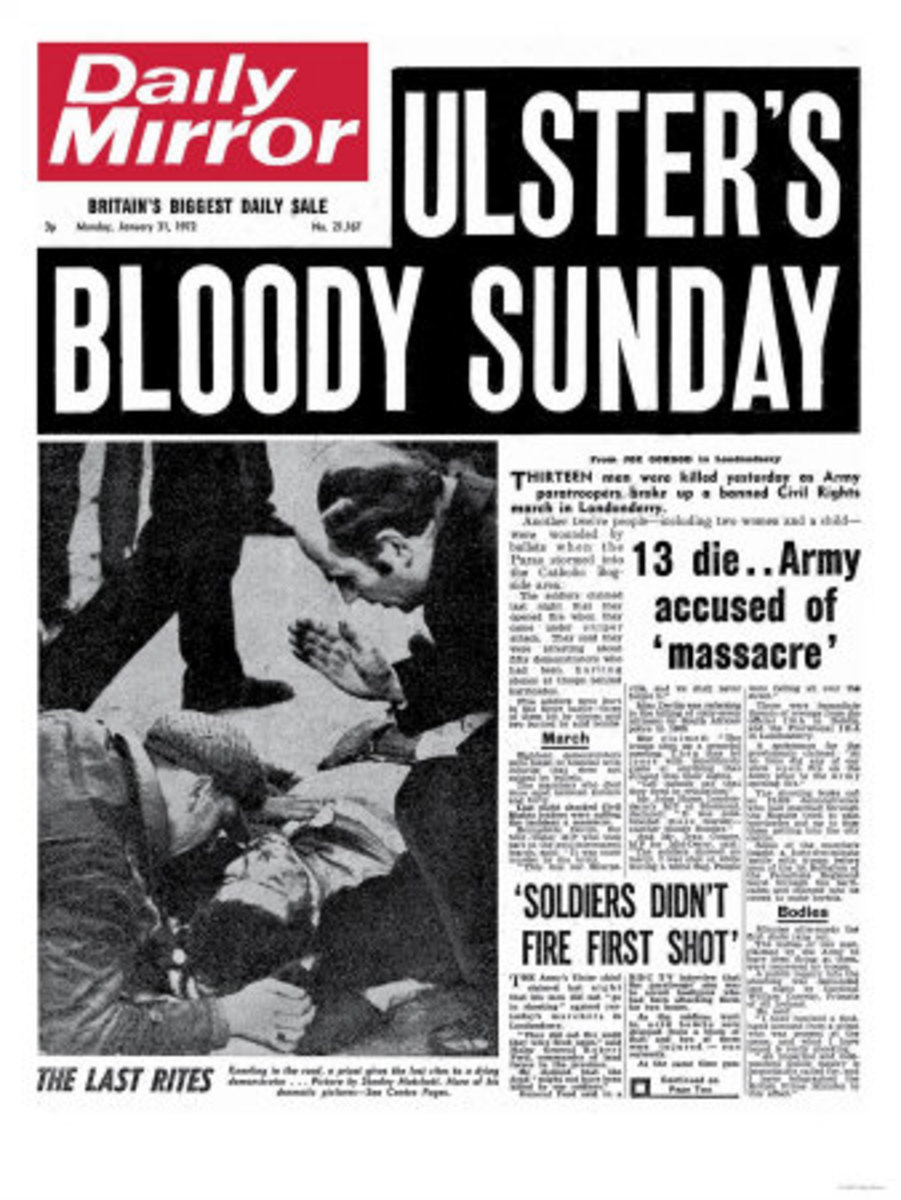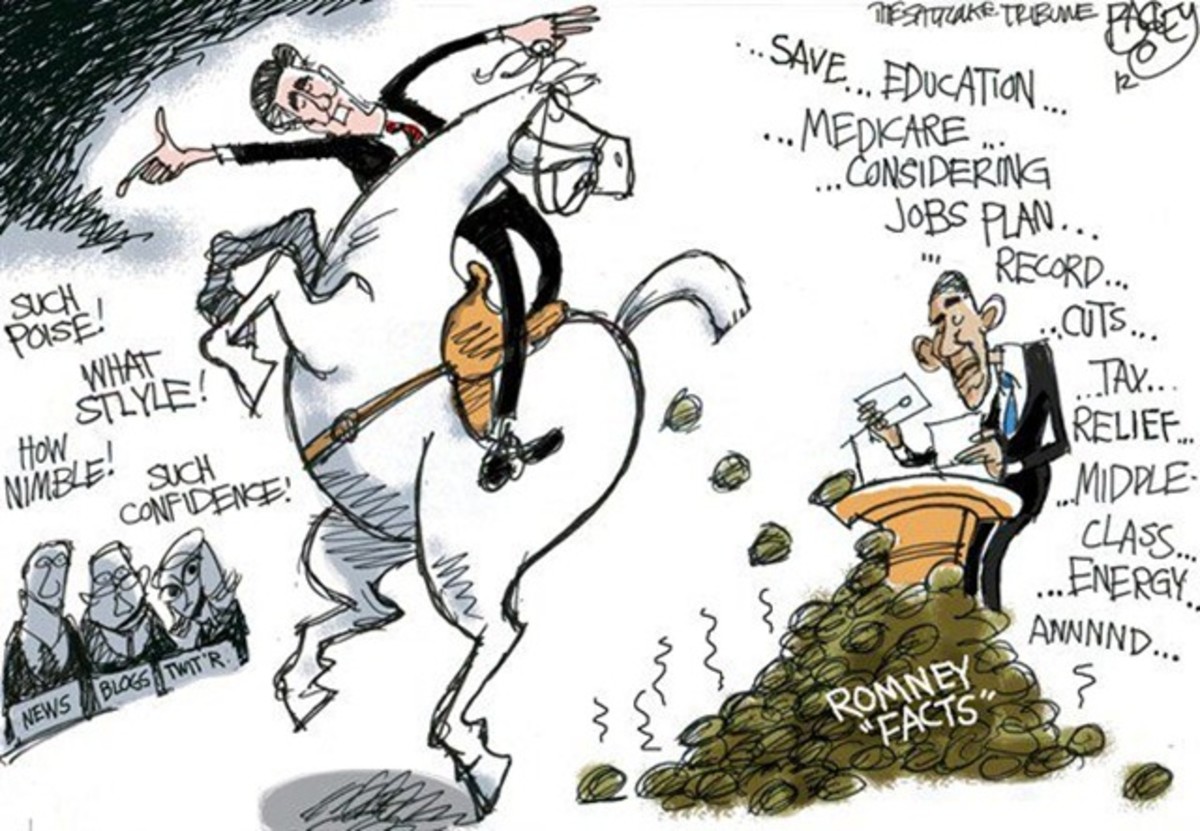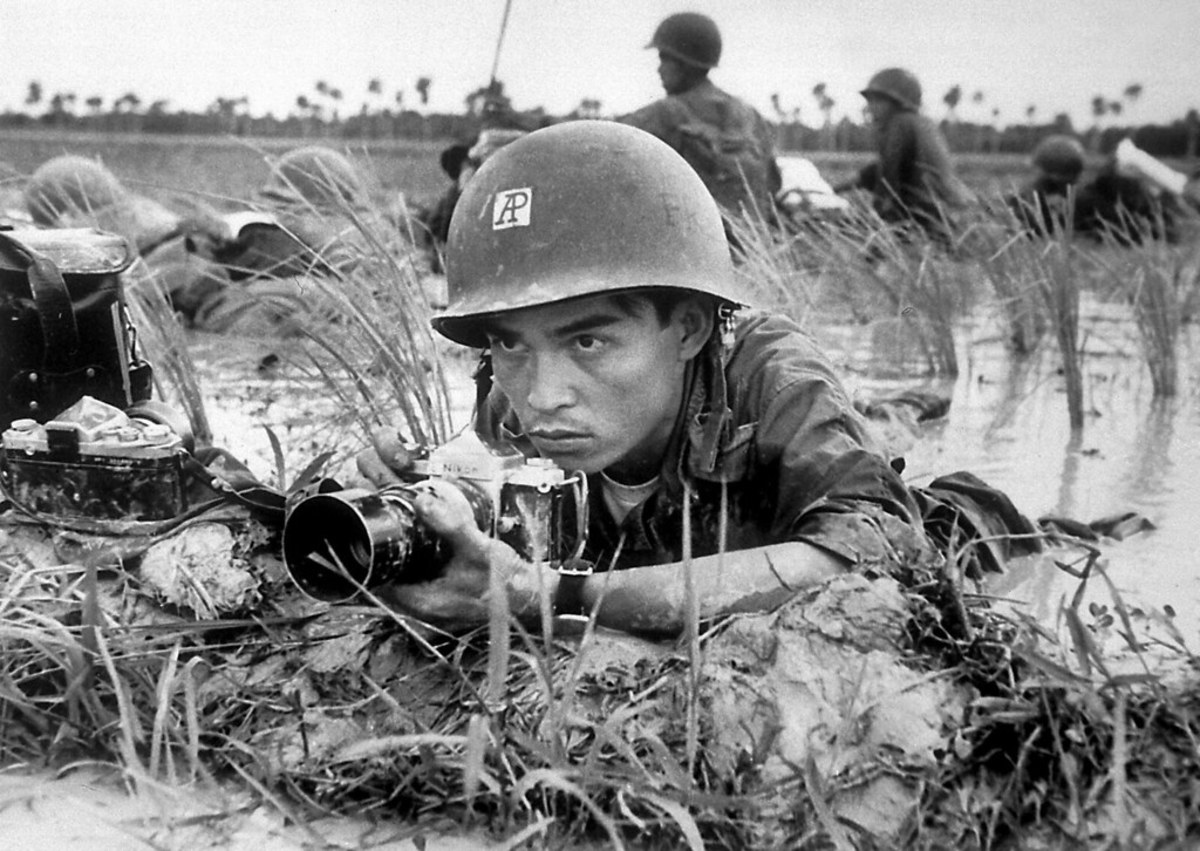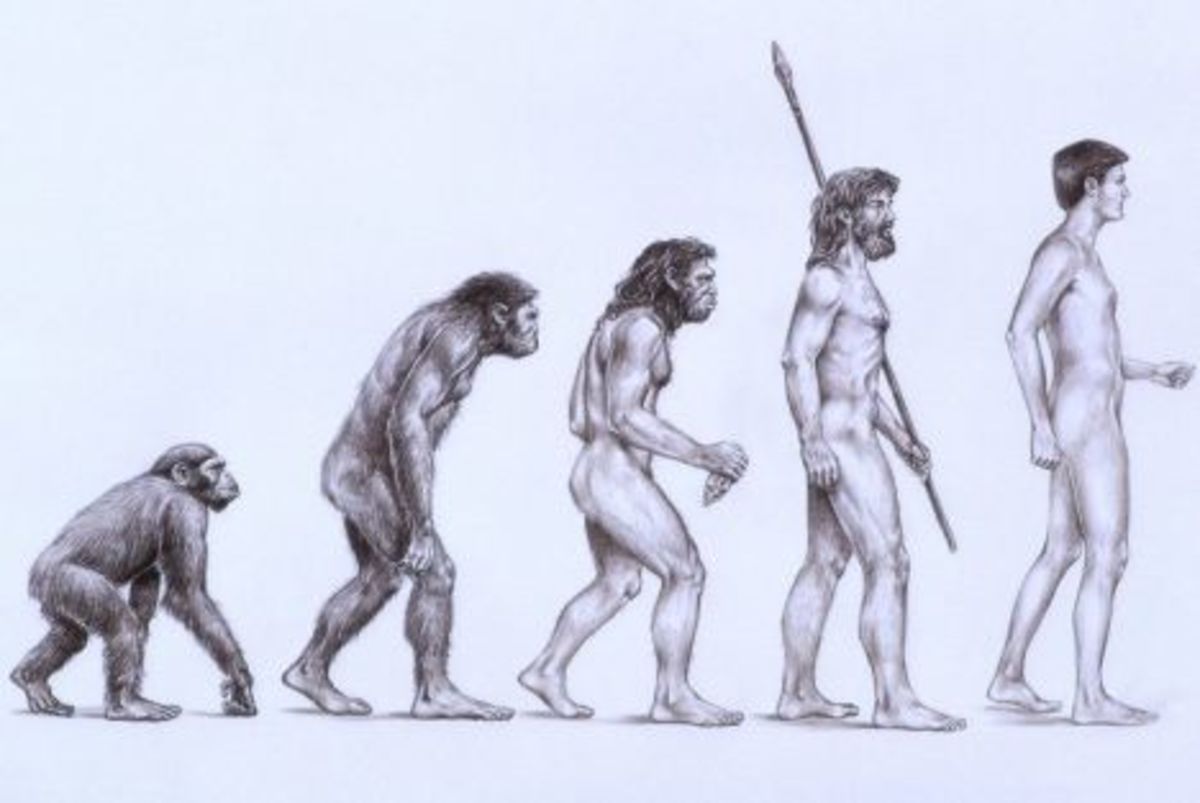The Paths That Will Make Our Feet Bleed: Debating The Scrapping of Uganda's Presidential Age Limit
Politics
One renowned former world dictator, Saddam Hussein, once said that "do not get attracted to the easy paths, because the paths that make your feet bleed are the only way to make you get ahead in life." Unfortunately for him, not only did the paths he trod make his feet bleed; but also, they led him into solitary confinement by isolating him from the rest of the world, inadvertently detoured him astray into the rat-hole where he was found hiding and eventually captured, swung him into the gallows where he was humiliated and executed, and sent him into his grave where he had his final rest. While it might sound blasphemous to invoke the name of a notorious former dictator in such critical conversation, it is important to draw some parallels between his message and our own human experience.
One person (I wish I could remember who) made a statement that "the world is dangerous, not because of what people do, but because of those who sit and watch." The current political situation in Uganda today requires input of everybody--young and old, religious and non-religious, politician and non-politician, rich and poor; in other words, every Ugandan will be affected by this phenomenon in one way or another. Therefore, it is essential that everybody join the debate on whether or not there is a need, at this point in time, in Uganda, to lift the presidential age limit so that future presidents can run as long as they are able to win elections, regardless of age. In my opinion, participating in this debate does not mean that one should be overly political for the sake of winning a political argument, but to be patient enough to listen to the opposing views of others, although their views might be unpopular.
When I was still in primary school, we used to debate the topic that "fire is better than water." We knew that we could not live without either of them, but as amateur debaters, our goal was to win the debate at any cost. Those on the opposition side of the debate did everything humanly possible to out-debate their opponents by convincing the audience that water was better than fire. And those on the proposition side would also do the same. At Makerere University, we had one hall of residence whose moto was "We Either Win or They Lose." In my view there are no winners and losers in the on-going debate on lifting the presidential age limit in Uganda. We are all in this together. All we hope for is a win-win outcome. After all, water is not better than fire and fire is not better than water--the two are just mutually exclusive.
While we might be tempted to point an accusing finger at some people who have not come out openly to voice their concerns or show their side, it is imperative that we understand that different people resolve conflicts based on their conflict resolution management style preferences. There are those whose conflict resolution management style is accommodation in which they cooperate at a high degree although this might be at their own peril and expense, but with the goal of calming the situation down. There are those who adhere to the avoidance conflict management style when they want to avoid a contentious situation altogether, especially when the environment is emotionally charged and they don't want to escalate the already volatile situation. Those who are proponents of competition conflict management style act in a very assertive way in order to achieve their personal or collective objects--their goal is to win at all costs. Compromise is another conflict resolution management style applied by those who need temporary solutions to the problem at hand. And finally, those who subscribe to collaboration conflict management style aim at partnering or pairing up with their opponents to achieve a common objective. It is important to note that there is not a single conflict resolution management style that is better or greater than the others--it depends on the situation. In my view being in and being out of the conversation depends on one's conflict management style preference. All we can do is to personally and politely invite those on the sidelines to join the front lines so that they too can contribute ideas in the on-going discussion.
Having said that, it is imperative to note that the issue of amending article 102 (b) of the Ugandan constitution to scrap the presidential age limit affects our pocket books; as a matter of fact, it affects the future of our children and our grand children. What everyone hopes for is to have a bustling and vibrant Uganda that is led by someone who puts country first to avoid the possibility of plunging the country back into the political violence, economic underdevelopment and social injustice that used to be the hallmarks of Idi Amin's reign of terror, trial and error. I was particularly pleased with one religious leader in my area who came out and voiced his opinion on this issue. His ideas were thoughtful and authentic. And that is the boldness we need in our leaders. There are still many leaders out there, political and religious, who are still on the outside looking in; to put it plainly, they are still adhering to their conflict resolution management styles; nonetheless, it is important that we hear from them.
Insofar as the situation in the Ugandan Parliament remains tense between the opposers and the proposers of the bill to lift the presidential age limit, our leaders in places of responsibility walking the fine line between giving their opinion too soon or saying nothing at all until the contentious situation has subsided will have to leave their sidelines and join the front lines, because their silence will only work to undermine the biblical teaching that "faith without works is dead and of no avail to salvation," James 2:14-26.
In the larger scheme of things, being part of this important conversation on amending the Uganda constitution to lift the presidential age limit will require that all of us be courageous enough to take the paths that will make our feet bleed--figuratively and literally. These paths might not be popular. These paths might not be easy. These paths might even be no stranger to the people who have been washed in the blood of the lamb--the believers. These paths may include the path of defiance; the path of humility; the path of determination; and the path of reconciliation and renewal.

